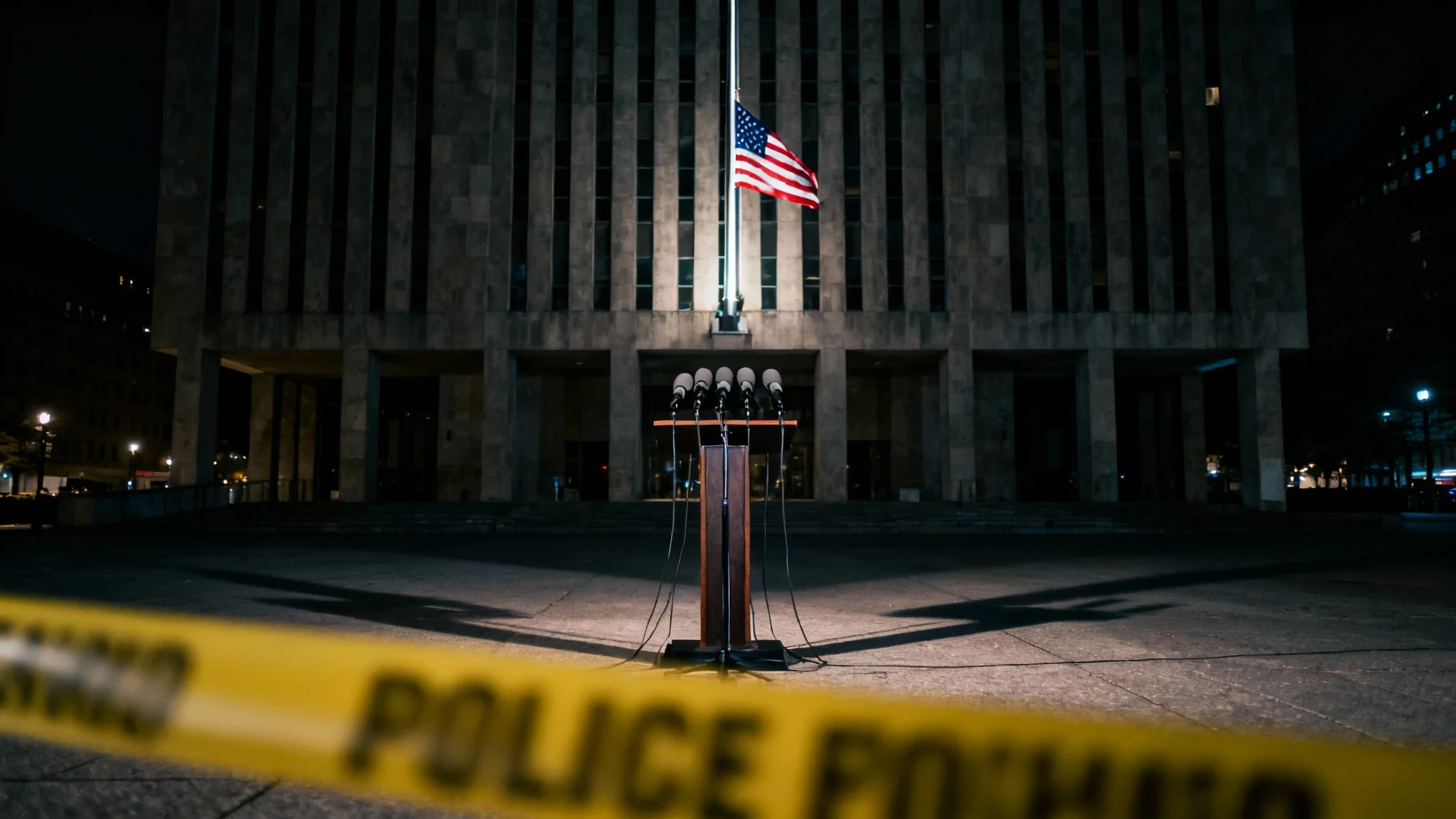The headlines and the missing honesty

The death of Charlie Kirk, shot in Utah at just 31, has ignited the ritual outrage machine. Pundits on the right call it an “assassination” and insist Democrats “own” the violence.
The left mostly mutters about not celebrating tragedy while refusing to forget how toxic he really was. In both cases, the actual issues — an America armed to the teeth, addicted to rage, and awash in contradictions — get buried under posturing.
Kirk was not just some “conservative activist.” He was one of the most aggressive architects of a culture war brand that thrived on contempt. His rhetoric was designed not to debate but to degrade. He dismissed empathy as weakness, vilified civil rights, maligned Black Americans, mocked LGBTQ communities, and trafficked in anti‑Semitic tropes. If the right now seeks to elevate him to martyrdom, they should reckon with the fact that he spent his final public appearances blaming his own violent fate on others.
Empathy vs. sympathy — Kirk’s legacy of emptiness
In one of his final clips, Kirk scoffed at empathy. It was, he argued, a “made‑up” idea that served only to distort politics. Sympathy was tolerable, he said, because it required identification with your own tribe. Empathy, the core value of both democracy and Christianity, was in his eyes corrosive.
That philosophy wasn’t abstract. It was the foundation for everything he built: a politics that defined itself by exclusion, superiority, and punishment. If you weren’t part of his tribe, you were disposable. The irony is almost cinematic: he died in a country shaped by values that made precisely that disposability possible.
“Live by the sword…” — the Second Amendment paradox
Perhaps the most haunting irony is Kirk’s devotion to the Second Amendment, even celebrating the “cost” of lives lost as worthwhile collateral for gun rights. He said repeatedly that some American deaths were a rational tradeoff for gun freedoms. And then someone with a legally acquired gun used it against him. That isn’t karma. It’s predictable fallout. It’s the logical endpoint of the bargain he endorsed.
To call this an “assassination” is to cheapen the word. Kirk wasn’t a politician. This wasn’t a coordinated strike at power. He was simply another American felled by America’s guns — one of over 40,000 lives lost to gun violence annually. The tragedy lies not in his uniqueness but in his ordinariness.
Outrage is tribal, not moral
What’s striking is the asymmetry of empathy. Conservative lawmakers rode instantly to cameras blaming liberals, Democrats, progressives, anyone they could paint as complicit. Yet when two Democratic legislators in Minnesota were gunned down, those same voices went curiously silent — or worse, opportunistically blamed “criminal thugs.” The point is never universal principle. It’s tribal grief.
This is how America metabolizes violence: turning it into partisan leverage instead of collective reckoning. Gunfire becomes another kind of cable news chyron, consumed and then discarded until the next spray of bullets.
The uncrossed line: refusing to lionize
Here’s the hard truth: Charlie Kirk should not have been killed. But his death also doesn’t entitle him to sainthood. He was, by every honest measure, a cruel and divisive figure who spent his short career making America angrier and less humane. He won’t be remembered, at least by history, as a thinker or a builder, but as one more voice who profited from division.
The worst mistake right now would be to let his supporters mythologize him into a martyr of “wokeness” or liberal hatred. He wasn’t taken down by ideology but by a system he spent his life defending: a nation where guns are easier to access than cough medicine.
What now?
We can grieve for a young life, feel compassion for his family, and still name him for what he was: a man who chose to invest his platform in cruelty. To do otherwise would be dishonest. America needs empathy most where Kirk rejected it — for children slaughtered in schools, for families shattered by mass shootings, for people targeted because of race, faith, or identity. It is possible to refuse tribal glorification and still insist that no one’s death should be reduced to talking points.
Kirk’s end is not an argument for vengeance. It’s an argument for honesty: about guns, about rhetoric, and about the dangers of lionizing men who made division their gospel.
